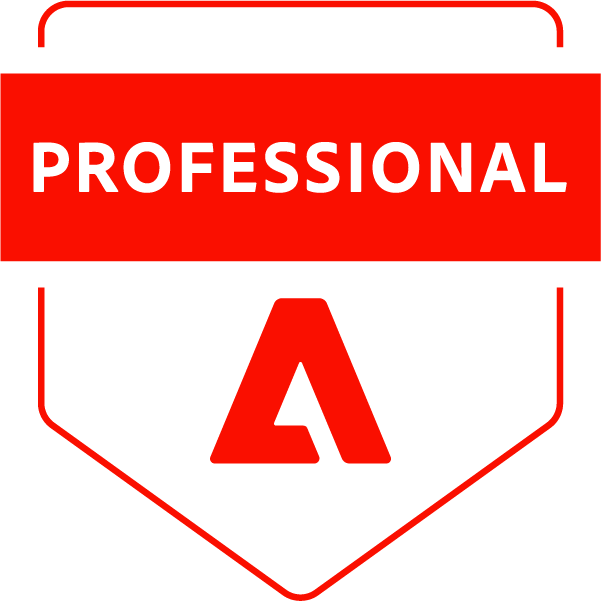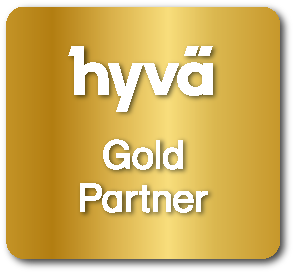In the complex world of e-commerce, **Magento 2** stands out for its flexibility in managing products through attributes, categories, and tags. While these features are powerful for user experience and store management, they often introduce significant **Magento SEO issues** if not handled with precision. This guide will explore how to manage SEO for product attributes, filters, and tags effectively, including when to index them, how to apply canonical tags, and when to exclude them via robots/meta directives. For a comprehensive suite of SEO solutions, explore our Magento 2 extensions page.
Understanding the interplay between your product data structure and search engine crawling is crucial for optimizing your **Magento ecommerce SEO** and ensuring your valuable content gets the visibility it deserves without diluting your overall site authority.
---1. The Role of Product Attributes, Categories, and Tags in Magento SEO
Magento's architecture allows for rich product descriptions and highly filtered navigation, which is excellent for users. However, each unique combination of attributes or tags can generate a unique URL, leading to potential **Magento SEO issues** related to duplicate content and crawl budget wastage.
Understanding the SEO Impact:
- **Categories:** These form the primary structure of your store. Properly optimized category pages are essential for broad keyword rankings.
- **Product Attributes:** Attributes define product characteristics (e.g., color, size, brand). When used in layered navigation, they create filtered URLs.
- **Product Tags:** Often used for more granular product classification or for user-generated tagging. If indexed, they can create many low-value pages.
The core challenge lies in directing search engines to the most valuable pages while preventing the indexing of thin or duplicate content generated by filter and tag combinations. This is a critical aspect of **magento on page seo**.
---2. Strategic Indexing: When to Index and When to Exclude
One of the most common mistakes in **seo for magento** stores is allowing search engines to index every possible URL permutation generated by product attributes and tags. This dilutes your link equity and wastes crawl budget.
Best Practices for Indexing Management:
- **Index Core Categories and Key Filter Combinations:** Your main category pages should always be indexed. For highly searched, broad filter combinations (e.g., "red shoes"), it might be beneficial to create a dedicated, indexed page if it offers unique content. To make these filter combinations truly SEO-friendly with clean URLs, our SEO: Pretty Filters URLs extension is an essential tool.
- **Noindex Low-Value Filter & Tag Pages:** Most dynamically generated filter results (e.g., very specific, rarely searched combinations) and individual product tag pages should be set to
noindex, followvia meta robots tags. This tells search engines not to index the page but to still follow its links. - **robots.txt for Blocking:** Use your
robots.txtfile to block crawling of parameters that consistently create duplicate content or are purely functional (e.g., session IDs, sorting parameters that don't change content significantly).
Efficiently managing which pages Google indexes is crucial for **magento seo performance**. Our SEO: Custom Tags extension provides developers with powerful tools to define precise meta robots directives, manage custom meta tags, and offers dynamic tag assignment, giving you granular control over indexing decisions for attributes and tags.
---3. Canonicalization: Consolidating Link Equity
Even when you `noindex` a page, it's vital to use canonical tags. Canonical tags tell search engines which version of a page is the "master" version, consolidating link equity and preventing duplicate content penalties.
Canonical Tag Strategies for Attributes and Tags:
- **Self-Referencing Canonicals:** Every unique, indexable page (e.g., a core category page) should have a self-referencing canonical tag.
- **Pointing to Main Category:** For most filtered category pages generated by attributes, the canonical tag should point back to the main, unfiltered category page. This ensures all link equity flows to the primary category URL.
- **Tag Pages to Categories/Products:** If product tags are used, their canonicals should typically point to a relevant category or product page, or they should be `noindex`ed and then canonicalized to a main category.
- **Attribute-Specific Pages:** In rare cases where an attribute value (e.g., "Brand X") has significant search volume and unique content, you might choose to canonicalize multiple product pages to a dedicated "Brand X" landing page.
Proper canonicalization is a technical cornerstone of **magento tags seo** and attribute management. While our SEO: Custom Tags extension provides comprehensive meta and robots tag control, a dedicated module for advanced canonicalization logic would further streamline complex setups across your Magento 2 store.
---4. Optimizing On-Page Elements for Categories and Key Attributes
For categories and any attribute/tag pages you decide to index, traditional **magento on page seo** best practices apply. This ensures these pages are fully optimized for relevant keywords and user intent.
Key On-Page Optimization Points:
- **Unique Meta Titles and Descriptions:** Each category and important attribute/tag page should have a unique, compelling meta title and meta description incorporating relevant keywords. Avoid generic or duplicated meta tags. To supercharge this process with AI-driven suggestions for titles, descriptions, and metadata, consider our SEO: AI Advisor extension.
- **Relevant Headings (H1, H2, etc.):** Use clear, descriptive headings to structure content. The H1 tag should typically match the category or attribute page title.
- **Rich, Unique Content:** Add descriptive text to category pages. For significant attribute-driven pages, consider adding unique introductory text that explains the filtered selection and provides value to the user. To automatically inject selected attribute values into category descriptions and generate dynamic, SEO-optimized content, our SEO: Dynamic Descriptions module is a game-changer, reducing duplicate content issues and improving organic search rankings.
- **Internal Linking:** Ensure a logical internal linking structure. Link from relevant blog posts or other category pages to strengthen the authority of your key category and attribute pages.
- **Rich Snippets & Structured Data:** For product listings within categories, ensure proper Schema Markup is implemented. Our SEO: Rich Snippets extension can automate this, ensuring your products stand out with price, ratings, and availability.
Managing meta tags and dynamic content at scale can be challenging. Our SEO: Custom Tags extension empowers you to create custom meta tags and robots directives across your Magento store, ensuring unique and optimized tags across all your categories and attribute-filtered pages.
---5. Advanced Considerations and Magento SEO Tools
Beyond the direct management of tags and attributes, several other **magento seo tools** and practices contribute to a healthier index and better overall performance.
Further Developer Focus:
- **SEO-Friendly URLs for Filters:** As discussed, transforming complex filter URLs into clean, readable paths is crucial. Our SEO: Pretty Filters URLs extension is invaluable here.
- **Optimized XML Sitemaps:** Ensure your XML sitemap accurately reflects your indexable pages, excluding all `noindex` content. Our SEO: Advanced Sitemaps extension helps in creating dynamic, split sitemaps for large Magento stores.
- **Hreflang for Multi-Language/Region:** If your store targets different locales, ensure correct hreflang implementation to avoid duplicate content issues between language/region versions of category or attribute pages. Our SEO: Hreflangs extension streamlines this complex process.
- **Regular Audits:** Continuously monitor your site's performance in Google Search Console, checking for crawl errors, index coverage issues, and any sudden drops in organic traffic related to changes in attribute or tag management.
Conclusion: Building a Robust Index for Magento Tags, Categories, and Attributes
Effective **Magento SEO for product tags, categories, and attributes** requires a strategic approach to indexing, canonicalization, and on-page optimization. By understanding when to allow search engines to crawl and index content, and when to restrict them, you can prevent common **magento seo issues** and ensure your store's structure strengthens, rather than weakens, your search engine visibility.
Implementing these best practices, coupled with powerful **magento seo tools** like those from qoliber, transforms potential challenges into opportunities for enhanced organic traffic and superior e-commerce performance.

Aleksandra "Ola" Czapiewska, née Kijewska
Sorceress of Projects & Wonders
Introducing Ola, a marketing mastermind with nearly two decades of expertise in transforming data into dynamic marketing strategies. Her remarkable track record includes transformative roles at Burda Media Polska, Polska Press Grupa, TIM S.A., and Media Saturn Holding. These positions have seen her launch and lead marketing initiatives that dramatically increased engagement and sales.
A certified Google Partner proficient in top marketing automation platforms like SalesManago and iPresso, Ola has consistently delivered solutions that enhance online visibility and propel business growth.
Currently at qoliber as the 'Sorceress of Projects & Wonders,' she expertly drives projects that surpass expectations, delivering top-notch product quality and securing a formidable market stance.




